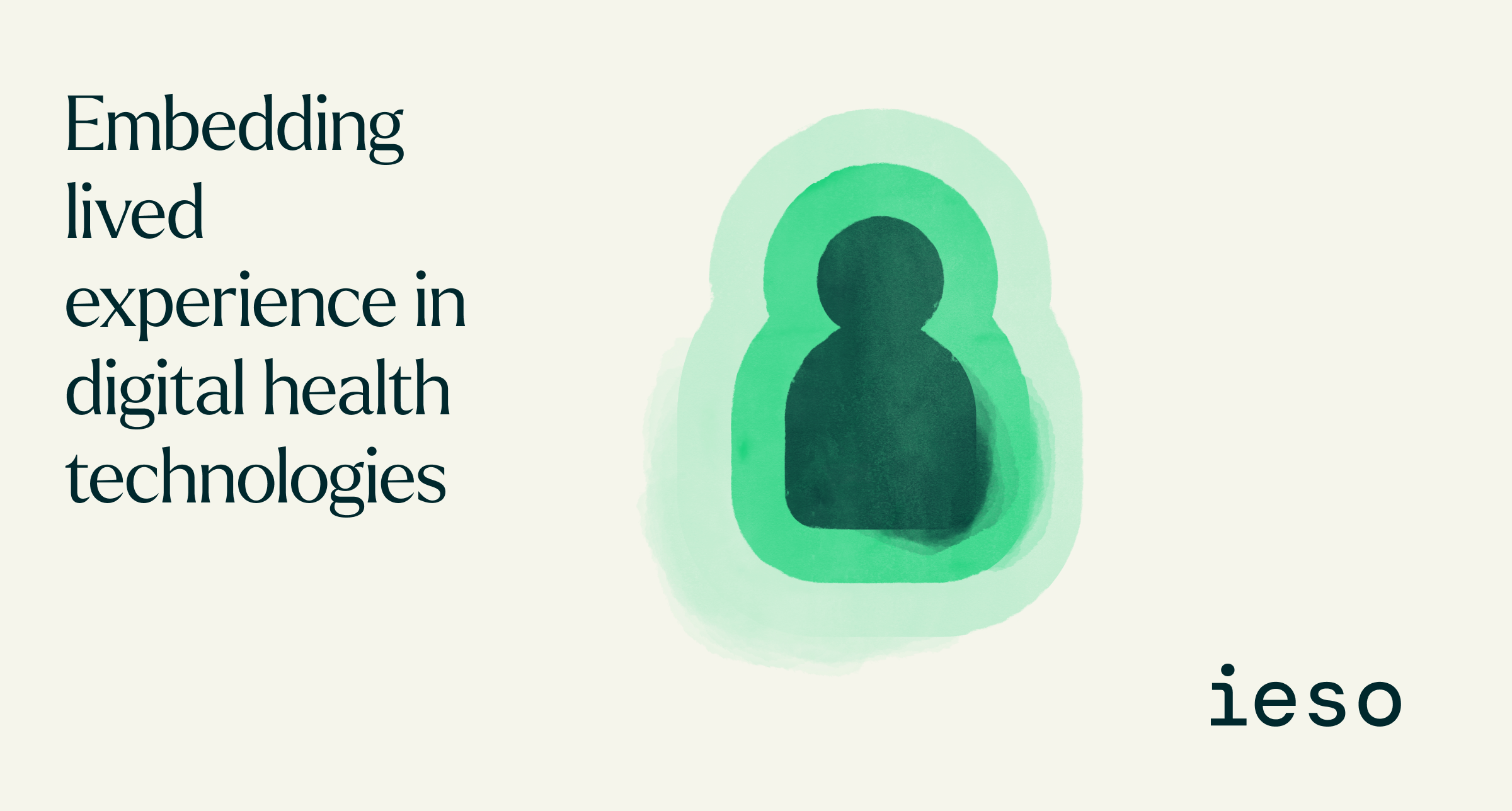We believe in Responsible Innovation
We believe in taking a responsible approach to innovation that places our patients at the heart of everything we do: the mental healthcare we deliver, the research we conduct, and the products we develop.

Mental health is complex... so we bring together the best scientific and clinical minds to learn from the data
At ieso, we aim to make high-quality, evidence-based mental healthcare accessible to all. Around the world, individuals in need often have to wait too long for help, and even when it does come it may be poor quality or not be right for them. While we’ve seen tremendous progress in other areas of healthcare over the past 50 years, mental health has fallen behind. We’re determined to change that.
Just like for physical healthcare, we’ve shown learning from data can transform best practice in care. We’re using the latest scientific methods to help crack the challenge, producing digital products that are derived from scientific data analysis and clinically validated.
ieso Therapy Service captures the exchange between a therapist and patient. Coupled with session-by-session progress measures, ieso has a globally unique, de-identified dataset that we analyse to increase the quality and effectiveness of therapy.
Psychological therapy can be highly effective...
But historically it has been impossible to predict which elements of therapy provide specific benefits to patients. The result? A relatively inefficient, one-size-fits-all approach to mental healthcare where only approximately 50% of patients recover.
ieso’s approach allows us to overcome the traditional barrier: how can we possibly improve therapy when past conversations are lost - captured only by imperfect human memory?
We’re focused on three key challenges to deliver safe and effective products that are engaging and trusted:
.png)
Start sooner
ieso's Therapy Service allows patients to access treatment faster and makes therapy delivery more efficient (6.1 ieso sessions vs. the average 7.5 sessions). Accessing psychological therapy sooner is associated with better mental health outcomes) and lower healthcare costs.

Improve quality
We have developed AI-based tools to monitor 100% of therapy delivered. By measuring session-by-session patient progress and analysing precise elements of psychological therapy, we are pinpointing the ‘active ingredients’ of therapy to help ensure that each patient receives exactly the right care.
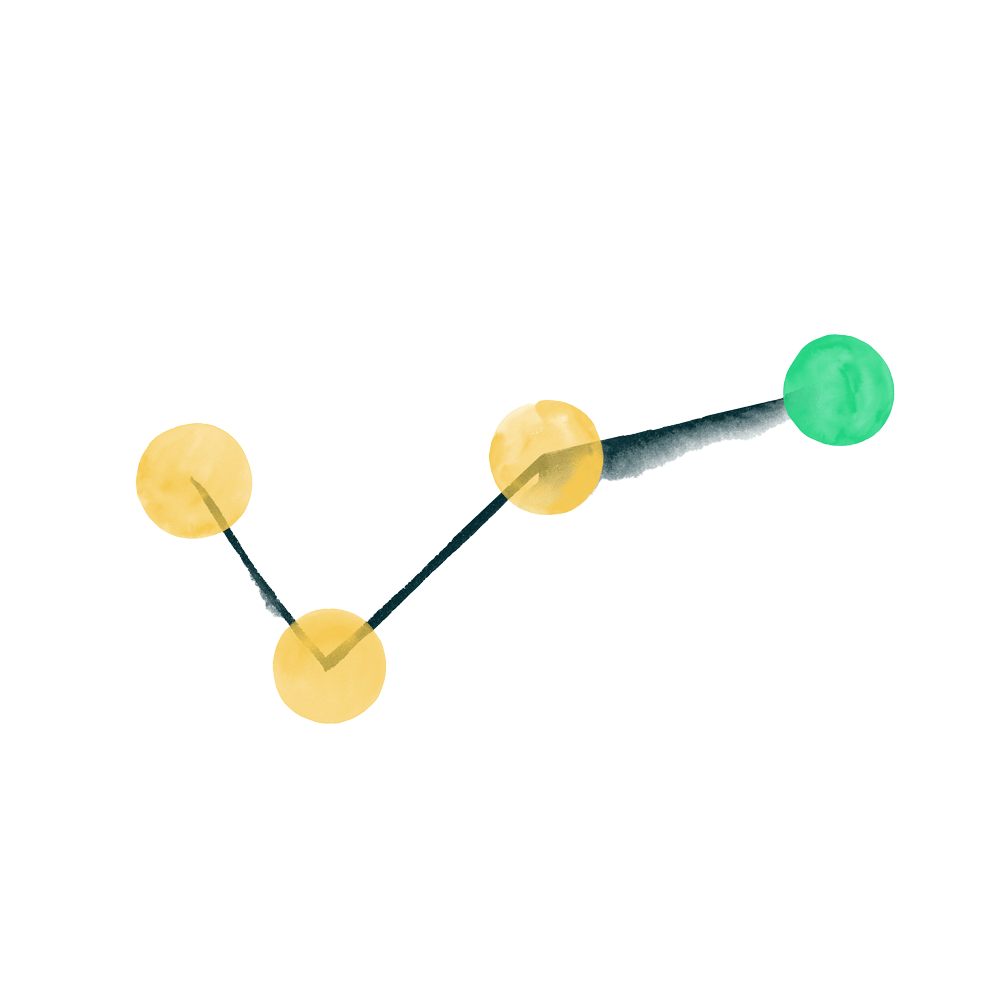
Treat smarter
Often people suffering from very different things are grouped together under a broad diagnosis like “depression”. Our research has uncovered different sub-types of mental health conditions and shown how people with different types follow specific trajectories on their path to recovery. This offers new ways to personalise treatments that provide therapies that are most likely to help everyone.
Transforming mental healthcare through research
Truly transforming mental healthcare requires deep research and innovation. To understand how to make therapy more effective for more people, we need to learn how patients' treatment outcomes relate to the therapy they are given. The answers lie in health and care data; the key to unlocking them is research.
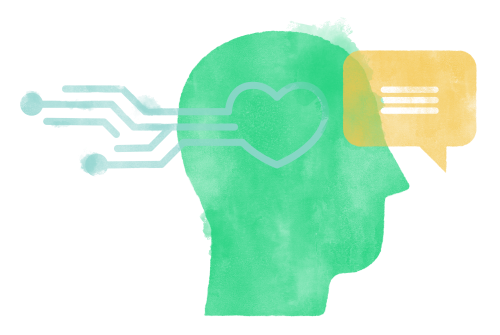
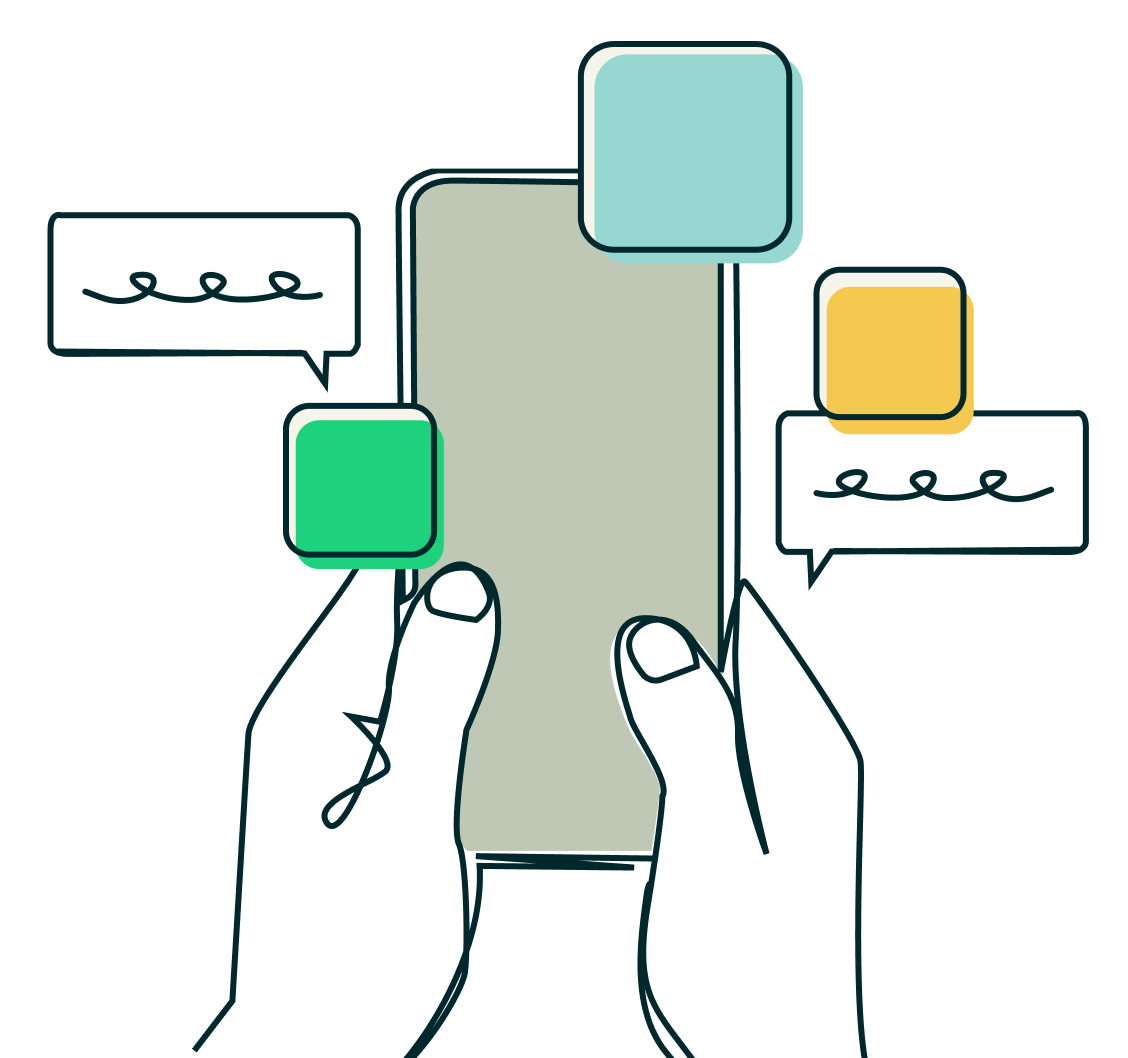
Learn more about our latest research: Combining AI and human support to increase access to high-quality, evidence-based mental healthcare
ieso’s expert clinicians have designed a new digital Cognitive Behavioural Therapy (CBT) program that combines AI and human support to teach people skills to manage their anxiety.
Our scientists ran a large study with 300 volunteers to evaluate whether the program was engaging, safe and effective.
We share our findings to help advance mental health science
We publish our research findings in peer-reviewed academic journals (e.g., The Lancet; JAMA), as well as through easier to read blogs and newsletters. We want our findings and insights to be shared to help drive progress across the whole field of mental health science research. For updates on when we publish new research papers, blogs and other resources sign up to our newsletter.
We work in partnership with like-minded organisations to accelerate progress to better mental health
There’s no time to waste – so we’re working with complementary partners across different sectors to drive new insight into mental health. We’ve partnered with over 15 organisations across Biopharma, Academia and Healthcare, including Roche, King's College London, the University of Cambridge and NHS Dorset Healthcare University.
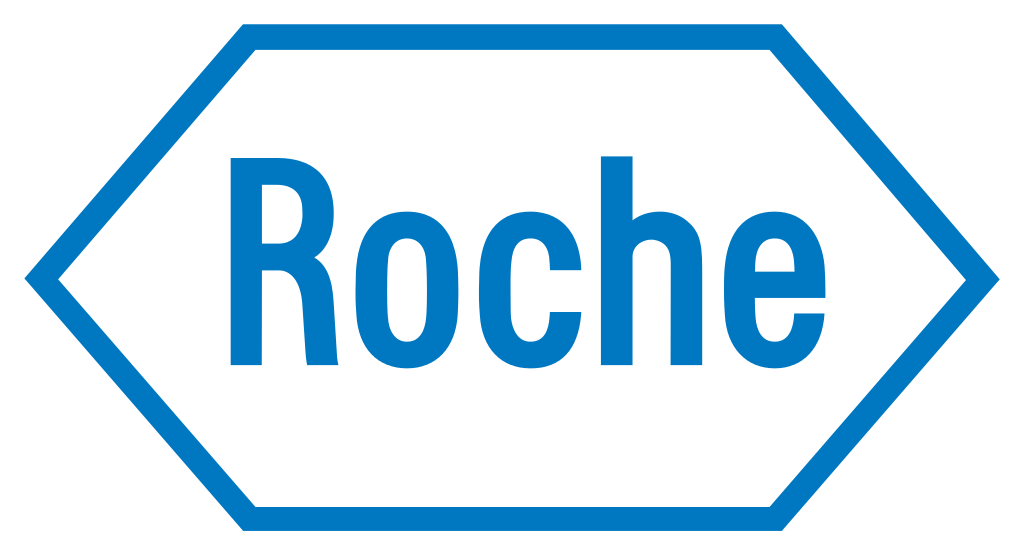




















Meet the team
Science news
Our approach means we’re continually gathering a new understanding of what works in treatment, and why. Read our latest news, research and articles written by people shaping the future of mental healthcare.
Join us on our journey to improve mental health access for all
We are now accepting a select number of customers to partner on our journey to scale clinically effective tools to support access to mental healthcare.


.jpg)
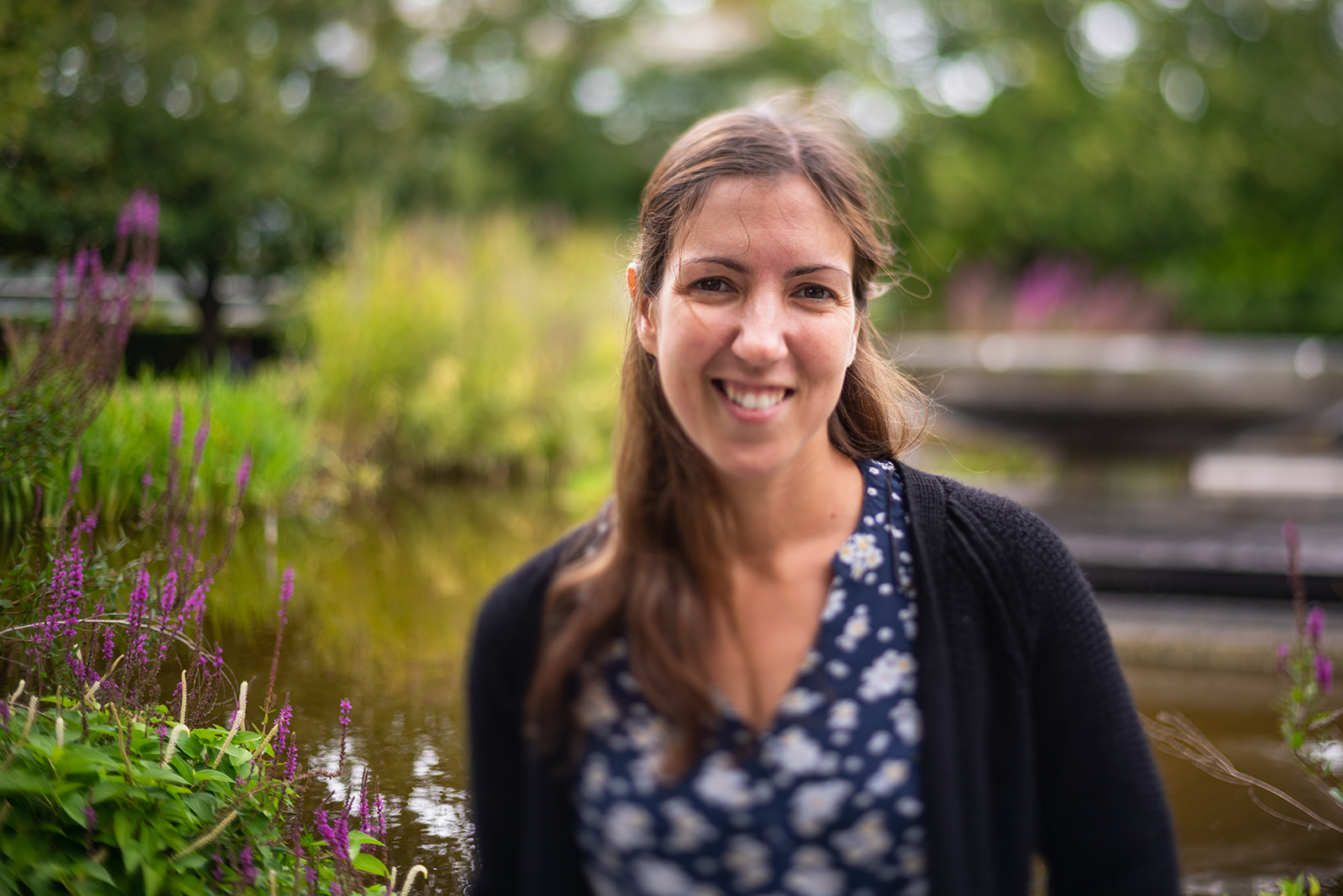
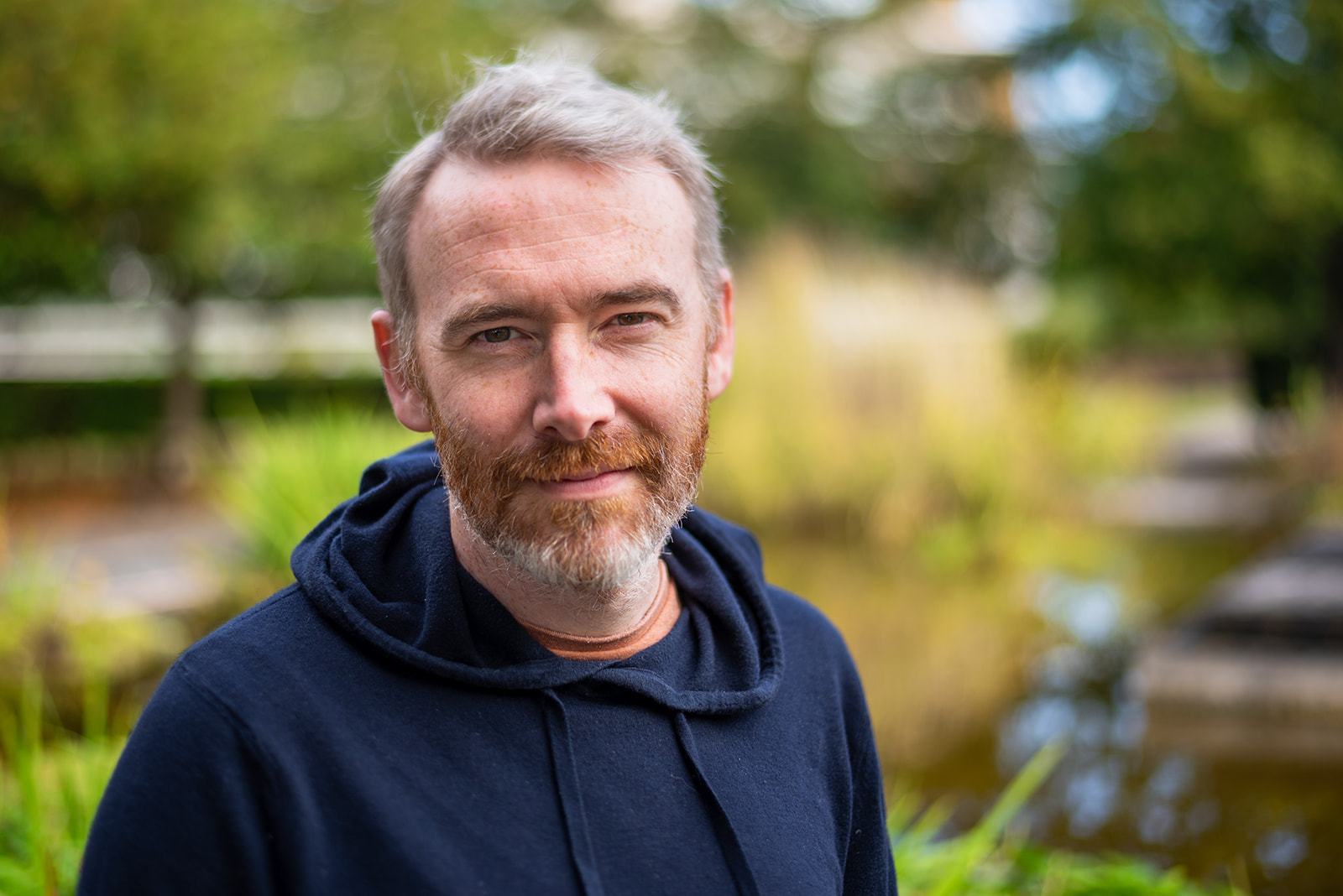
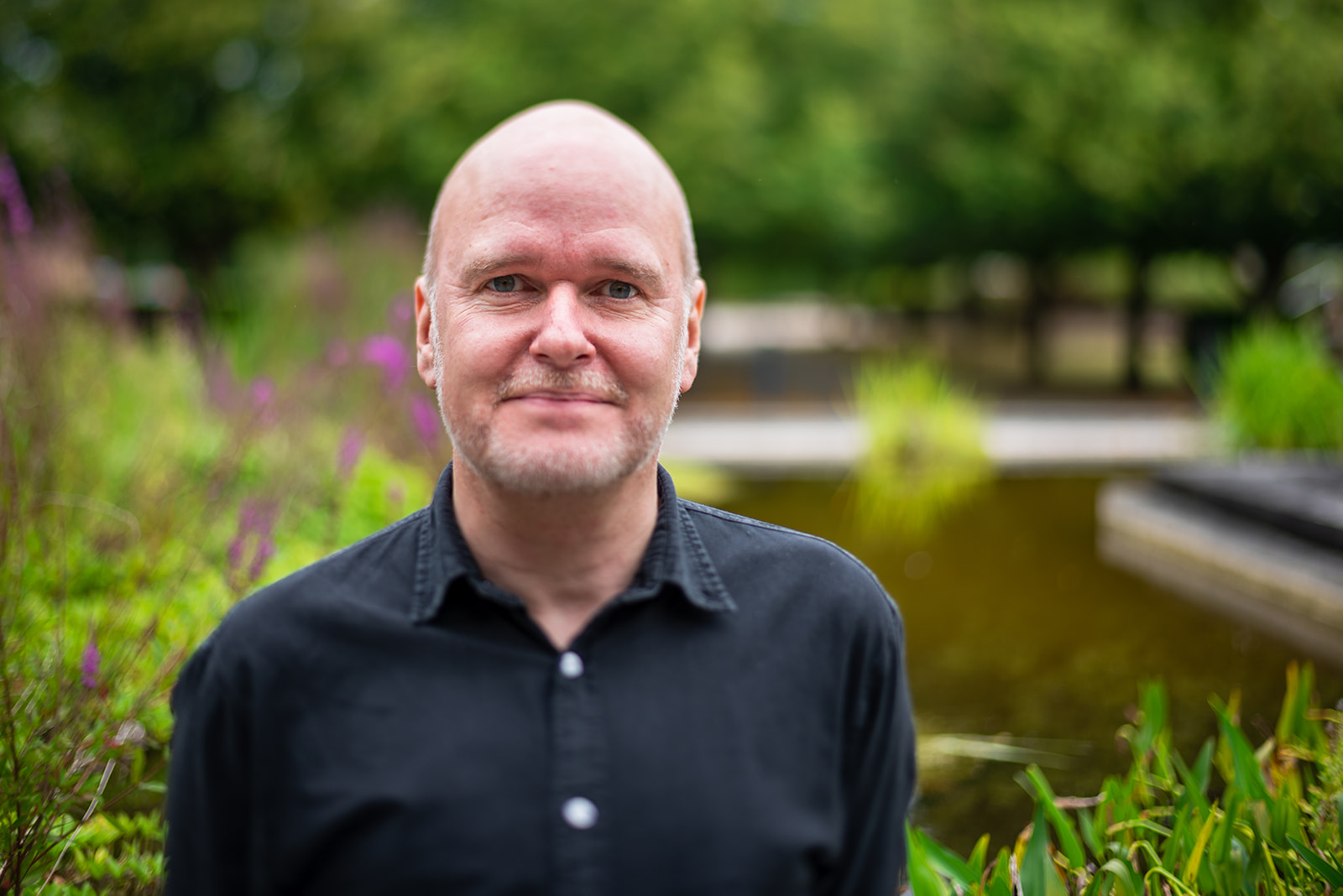
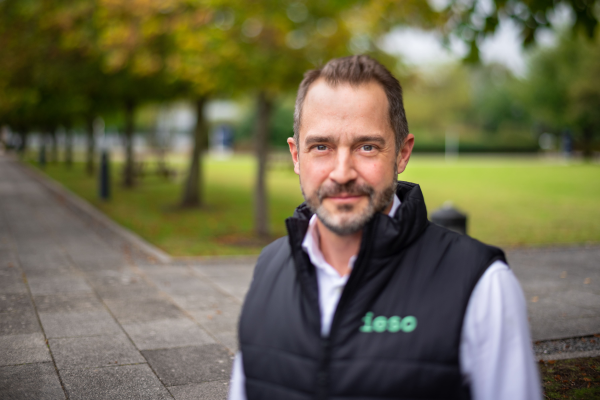
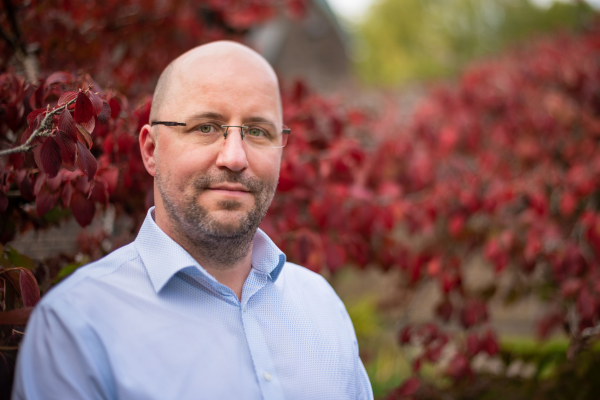
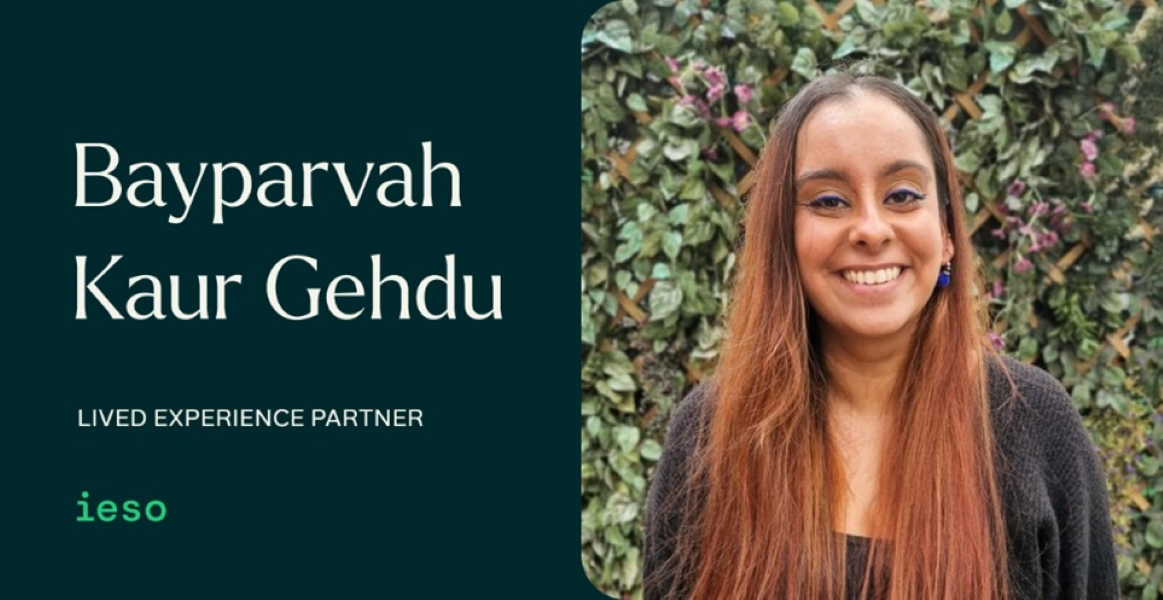
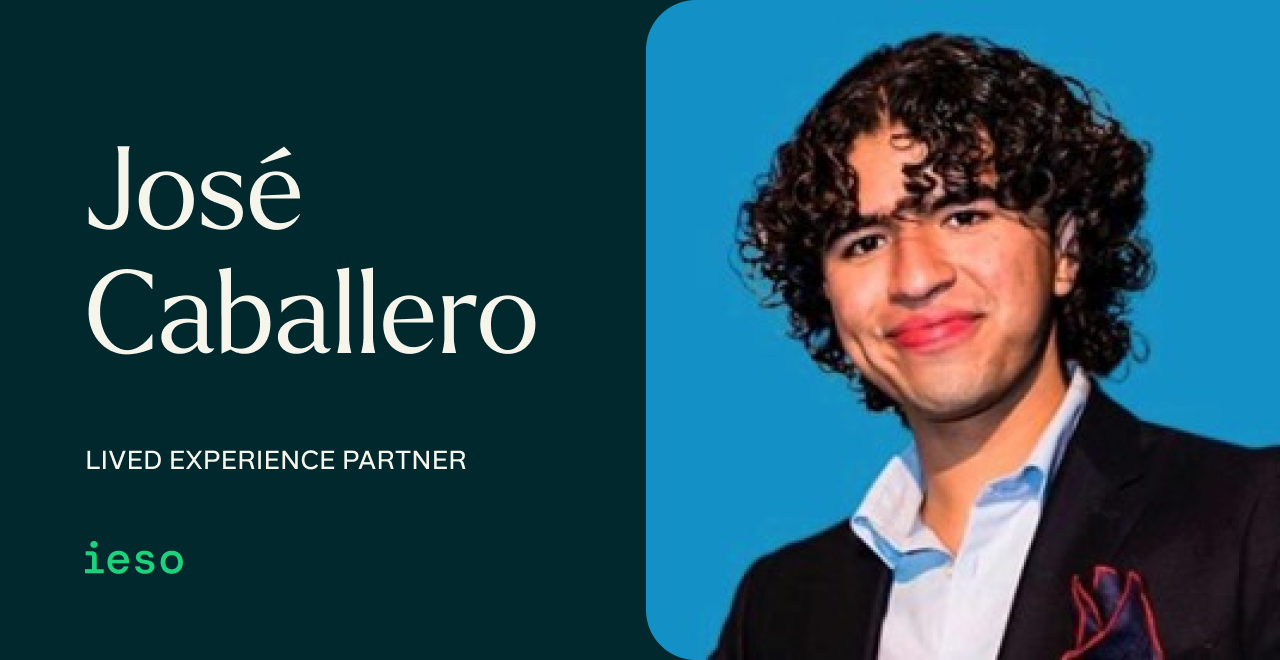

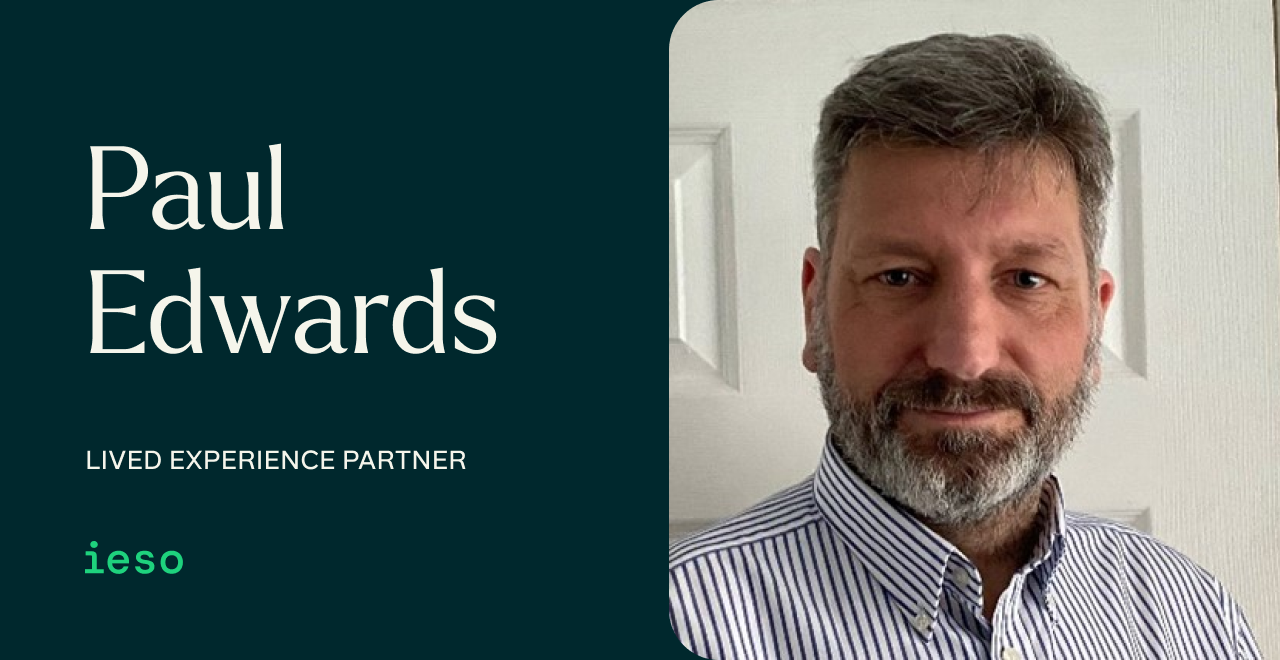
.png)
